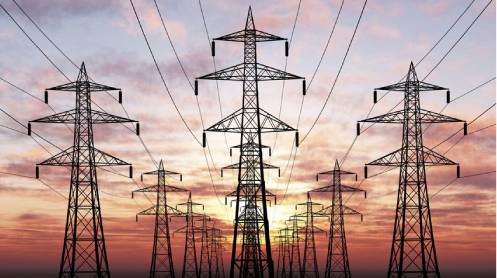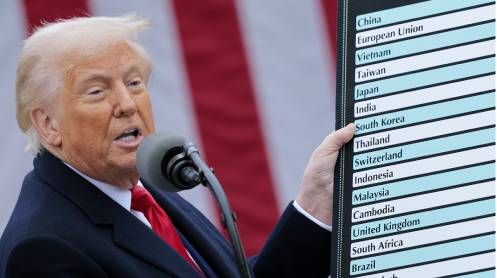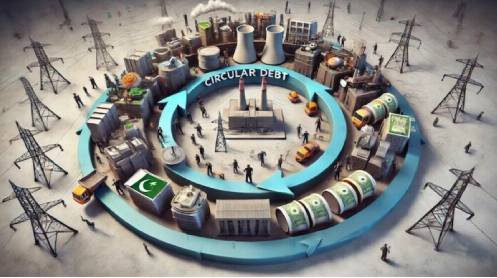ISLAMABAD: In response to growing concerns over unaffordable energy tariffs, the government is planning to reduce the return on equity (ROE) for its power plants and offer improved prices to attract more investments in hydrocarbon exploration and development.
Sources informed Dawn that the government has decided to scale down the ROE for public sector power projects, including hydropower. With many ongoing projects’ financials tied to local and international debt, various financial models are under consideration. The trade-off between revising returns on government equity and potential impacts on the budget or financials of generation companies is still being evaluated.
Additionally, the government has decided to sell profitable energy sector entities like Oil and Gas Development Company Ltd (OGDCL), Pakistan Petroleum Ltd (PPL), and Pakistan State Oil (PSO) to Global Capable Companies (GCCs) through strategic divestment and management control. Efforts are also underway to separate gas companies’ pipeline and transmission businesses from distribution activities and then privatize them.
The government is finalizing models for buying back old and inefficient power plants through Pakistan investment bonds. It is also expediting talks with provinces to implement the weighted average cost of gas (WACOG), including local gas and imported LNG. Monthly LNG cargoes are being re-arranged within the existing annual envelope with Qatar for better utilization in the power sector.
The government is in talks with China for a government-to-government (G2G) engagement in hydrocarbon exploration. An offshore basin and benchmarking study has identified 24 offshore blocks for auction, and substantial seismic data has been acquired. International consultancy services like Wood Mackenzie, LMKR, and KPMG are engaged to push for a new tight gas policy and address issues in the gas sector.
To boost electricity demand, the government plans to launch seasonal electricity tariffs and encourage the growth of the electric vehicle segment with discounted financing for hybrid automobiles. Ahead of winter, discounted financing for electric home appliances, particularly water and space heating, will also be offered.
The government is shifting its decision-making strategy from a socio-political to an economic and commercial perspective, outsourcing economic decisions to international consultancy firms and GCCs, similar to the approach in Saudi Arabia and other Middle Eastern nations. The GCCs, as offshore entities, support global parent companies with a flexible pool of experts moving between countries based on specific requirements.
Story by Khaleeq Kiani





